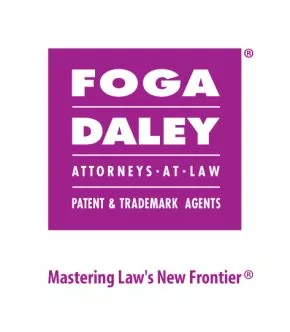On September 30, 2023, the Trade Marks (Amendment) Rules, 2022, came into effect, bringing with it some sweeping changes to the Jamaican Trademark landscape. The Rules provide procedural support for many of the changes introduced by the Trade Marks (Amendment) Act 2021, some of which are highlighted below:
- Implementation of the Madrid Protocol
- Consequential Fee increases
- Introduction of expedited examination and processing services
- New filing requirements for non-traditional trademarks
- Authorisation of Agent (TM3) requirements
Whereas previously Jamaican counsel could sign the Form on behalf of the Applicant, the IP Office now requires a scanned copy of the Form TM3, signed by either the Applicant or a legal representative duly authorised to sign.
An important consideration when filing in Jamaica is that the country has always been outspoken on the need to protect country names and preserve traditional knowledge and traditional cultural expressions. Whereas the Trade Marks Act has always included provisions for the protection of Jamaican national emblems, the 2021 amendment, expanded the scope of protection. Any Applicant that files a mark that makes reference to or suggests an affiliation with Jamaica, or any other country, in addition to a disclaimer requirement, may be required to provide a statement to the Registrar that the goods or services for which the trademark is applied for originate from said country.
Likewise, whereas previously, JIPO issued a practice direction on traditional knowledge and traditional cultural expressions, this has now been enshrined in law as an absolute ground of refusal. Section 11(4)(f)(iii) states that "A sign shall not be registered as a trademark if it is of such a nature as to misrepresent, or misappropriate, the traditional knowledge or traditional cultural expressions of indigenous or local communities".
Notwithstanding these changes to the law, Jamaica still remains a top choice for stealth filings. Policy makers understand the importance of this strategy, and for this reason, applications filed through the national route will not be publicly accessible until formal publication, therefore, Applicants can continue to rely on Jamaica as a key jurisdiction as part of their global branding strategies.
The content of this article is intended to provide a general guide to the subject matter. Specialist advice should be sought about your specific circumstances.
Author profiles please!


